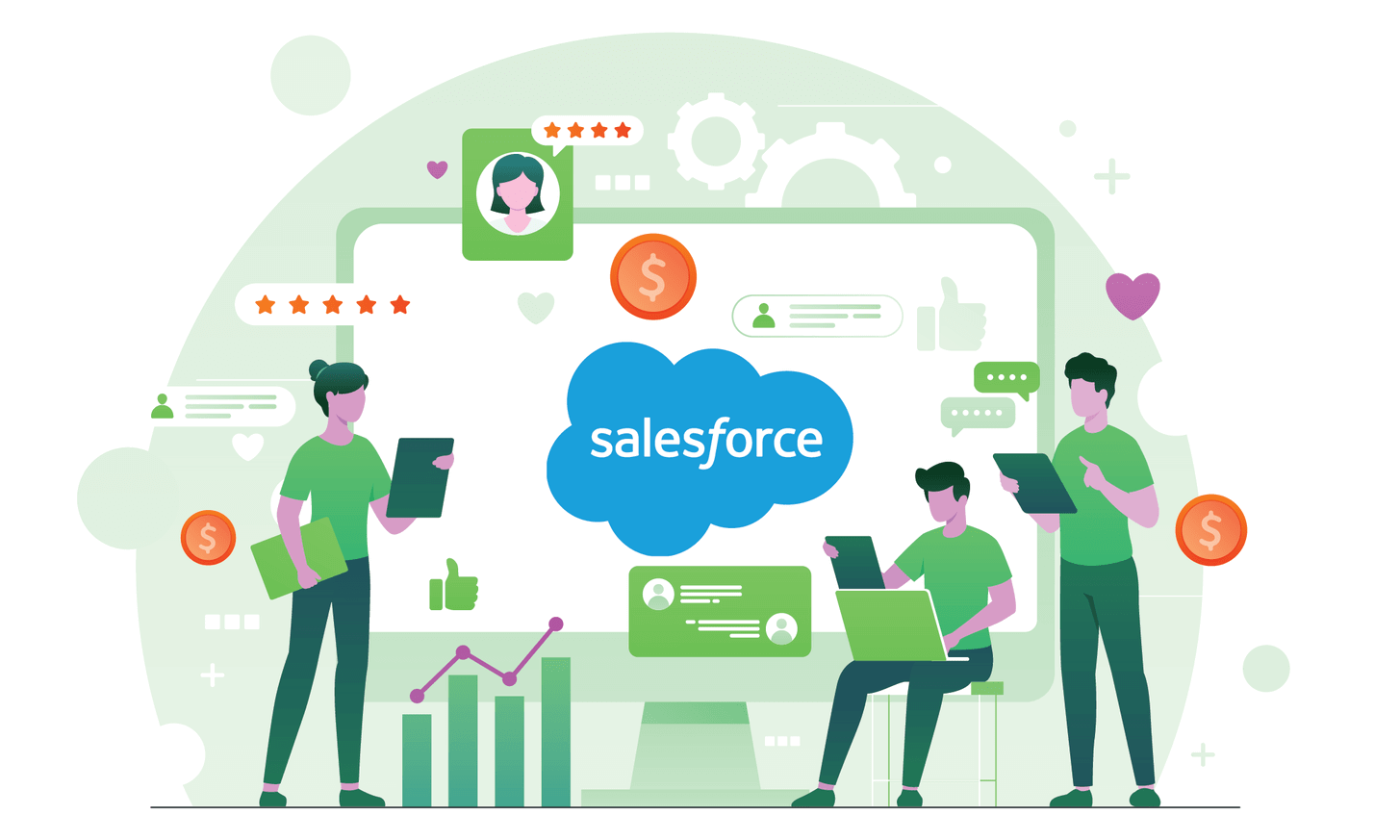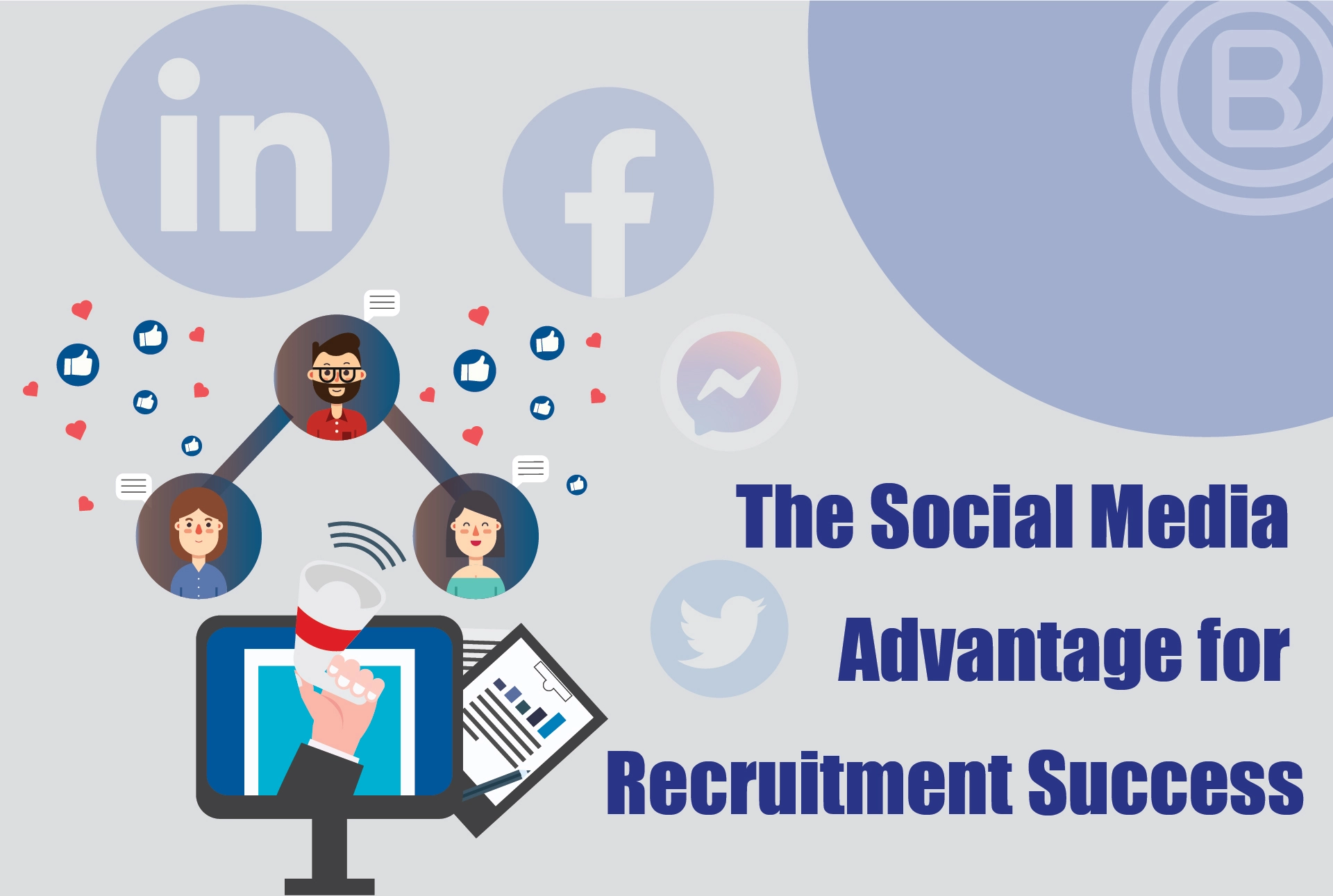AI is revolutionizing recruitment by automating tasks like resume screening and scheduling interviews, freeing up HR professionals for strategic work. Predictive analytics offer insights into candidate behaviour and future hiring needs. This transformative impact of Artificial Intelligence spans industries, replacing manual processes with data-driven approaches. AI-powered tools enhance the candidate experience through personalized interactions and timely communication.
This introduction sets the stage for exploring how AI is reshaping recruitment practices, improving efficiency, and ultimately driving better outcomes for both employers and candidates alike. From small startups to multinational corporations, organizations are leveraging AI to streamline hiring processes and identify the most qualified candidates efficiently.
Streamlining Recruitment Workflows with AI
Recruiting automation has become a cornerstone in modern HR practices, fundamentally transforming how organizations manage their talent acquisition processes. By leveraging sophisticated AI algorithms, tasks that were once time-consuming and labour-intensive, such as resume screening and interview scheduling, can now be automated with remarkable efficiency. This automation not only saves valuable time and resources but also allows HR professionals to focus on more strategic aspects of recruitment.
Moreover, the introduction of AI tools tailored for recruiters, including advanced applicant tracking systems and sentiment analysis software, has revolutionized decision-making processes. These tools harness the power of data analytics to provide invaluable insights into candidate suitability, cultural fit, and overall potential, enabling recruiters to make more informed and objective hiring decisions.
Personalizing Candidate Experience through AI
Offering a personalized candidate experience is essential for organizations aiming to attract and retain top talent. With the rise of AI-driven technologies, such as chatbots and virtual assistants, organizations can now engage with candidates on a highly individualized level. These AI-powered tools facilitate prompt responses to candidate queries, provide timely updates on application status, and offer tailored recommendations based on candidate preferences and qualifications.
Case studies serve as compelling evidence of the tangible benefits of AI in enhancing the candidate experience. By showcasing real-world examples of organizations that have successfully implemented AI-driven solutions, these studies illustrate how personalized interactions lead to higher levels of candidate satisfaction and increased engagement throughout the recruitment process.
Moreover, AI enables organizations to gather and analyze vast amounts of data related to candidate interactions, preferences, and feedback. By leveraging this data, organizations can continuously refine and optimize their recruitment strategies to better meet the needs and expectations of candidates, ultimately enhancing the overall candidate experience.
AI-Driven Talent Acquisition
AI algorithms are fundamentally reshaping talent acquisition practices by revolutionizing sourcing and screening processes. Through advanced data analytics and machine learning, these algorithms can efficiently sift through vast amounts of candidate data to identify top talent. By analyzing factors such as skills, experience, and cultural fit, AI algorithms can pinpoint candidates who are best suited for a particular role within the organization.
Predictive analytics tools play a crucial role in this process by leveraging historical data and patterns to forecast future hiring needs and candidate success. These tools provide valuable insights into candidate performance and potential, allowing recruiters to make more informed decisions about whom to hire.
Furthermore, AI-driven assessments are increasingly being used to evaluate candidates’ potential for long-term success within the organization. These assessments utilize a combination of psychometric tests, behavioural analysis, and other data-driven methodologies to predict candidates’ likelihood of thriving in their roles and contributing to the organization’s overall success.
Balancing Automation with Human Touch
Finding the right balance between AI-driven automation and human interaction is essential for ensuring a fair and unbiased recruitment process. While AI offers numerous benefits such as efficiency and scalability, it lacks the nuanced understanding and empathy that human judgment provides. Human oversight plays a critical role in ensuring that AI algorithms are used ethically and responsibly.
Human intervention is necessary to interpret and contextualize the data generated by AI algorithms, as well as to make final decisions based on a holistic assessment of candidates’ qualifications, experiences, and potential. This ensures that decisions are not solely based on algorithmic outputs but also consider individual circumstances and mitigates the risk of bias inherent in AI algorithms.
Moreover, human interaction is vital for maintaining transparency and trust throughout the recruitment process. Candidates often appreciate the opportunity to engage with a real person, ask questions, and receive personalized feedback, which can significantly impact their overall experience and perception of the organization.
By striking the right balance between AI-driven automation and human interaction, organizations can leverage the strengths of both approaches while mitigating their respective limitations. This holistic approach not only promotes fairness and transparency but also enhances the overall quality of the recruitment process and fosters positive relationships with candidates.
Ethical Considerations and Challenges
- The Inherent Ethical Challenges: As with any technological advancement, the integration of AI in recruitment brings forth a host of ethical considerations. These encompass concerns regarding privacy, security, and the potential for algorithmic bias. Understanding and addressing these challenges is crucial for maintaining the integrity and fairness of the recruitment process.
- Safeguarding Data Privacy and Security: One of the primary ethical concerns in AI recruitment revolves around the protection of candidate data. Organizations must ensure that the personal information collected during the recruitment process is handled responsibly, with measures in place to safeguard against unauthorized access, misuse, or breaches. This entails compliance with data protection regulations and implementing robust security protocols to protect sensitive data from exploitation.
- Mitigating Algorithmic Bias: Algorithmic bias poses a significant ethical challenge in AI recruitment, as flawed algorithms can perpetuate discrimination and inequality. Organizations must proactively identify and mitigate biases embedded within AI systems, ensuring that they do not unfairly disadvantage certain groups or perpetuate systemic inequalities. This may involve regularly auditing algorithms, diversifying training datasets, and incorporating fairness metrics into AI models to promote equitable outcomes.
- Promoting Fairness, Transparency, and Accountability: To address ethical concerns in AI recruitment, organizations must prioritize fairness, transparency, and accountability throughout the recruitment process. This includes providing candidates with clear information about how AI is used in decision-making, ensuring transparency in algorithmic processes, and establishing mechanisms for accountability and redress in cases of algorithmic error or bias. Additionally, organizations should cultivate a culture of ethical responsibility among employees involved in recruitment and regularly evaluate and refine their AI systems to uphold ethical standards.
Future Outlook
- Continuing Transformation of the Recruitment Landscape: As AI continues to advance, it is expected to play an increasingly pivotal role in reshaping the recruitment landscape. The integration of AI-powered technologies into recruitment processes has already led to significant improvements in efficiency, effectiveness, and candidate experience. Looking ahead, AI is poised to further revolutionize how organizations attract, assess, and hire talent.
- Emerging Trends in AI-Powered Recruitment: Several emerging trends are set to redefine the future of talent acquisition. AI-powered video interviewing, for example, offers a more immersive and personalized candidate experience while allowing recruiters to efficiently evaluate candidates’ communication skills and cultural fit. Similarly, gamified assessments leverage AI algorithms to assess candidates’ skills and competencies in a more engaging and interactive manner. Additionally, virtual reality simulations enable organizations to provide candidates with realistic job previews and immersive assessment experiences, allowing them to gauge candidates’ abilities and fit within the organization’s culture and environment.
- Predictions for the Future of AI-Driven Recruitment: The future of AI-driven recruitment holds immense potential for innovation and transformation. AI algorithms will become increasingly sophisticated, enabling recruiters to leverage predictive analytics to identify and attract top talent more effectively. Additionally, AI-powered tools will continue to evolve, offering advanced capabilities for talent sourcing, screening, and assessment. As AI becomes more integrated into recruitment processes, organizations will benefit from greater efficiency, accuracy, and scalability in their hiring efforts.
- Impact on the Role of Recruiters and HR Professionals: The growing prevalence of AI in recruitment will inevitably impact the role of recruiters and HR professionals. While AI will streamline many aspects of the recruitment process, it will also require HR professionals to adapt to new technologies and develop new skill sets. Rather than replacing human recruiters, AI will augment their capabilities, enabling them to focus on higher-value tasks such as relationship-building, candidate engagement, and strategic workforce planning.
HR professionals who embrace AI-driven technologies and develop proficiency in leveraging them will be better positioned to drive innovation and deliver exceptional results in talent acquisition.
AI has emerged as a powerful tool for modernizing recruitment procedures, revolutionizing how organizations hire and retain talent. By streamlining workflows, personalizing candidate experiences, and driving talent acquisition strategies, AI optimizes recruitment efficiency and effectiveness. Embracing AI-driven technologies is essential for staying competitive in the ever-evolving job market.
With AI automating repetitive tasks, such as resume screening and interview scheduling, HR professionals can focus on strategic initiatives. Additionally, AI enables personalized candidate experiences through chatbots and virtual assistants, enhancing engagement.
By leveraging predictive analytics, AI guides talent acquisition strategies by identifying top talent and predicting future hiring needs. Organizations that embrace AI gain a competitive edge, attracting and hiring top talent efficiently.
Embrace the future by harnessing the power of artificial intelligence in HR. Streamline your workflows, elevate candidate experiences, and optimize talent acquisition strategies with AI-driven technologies. Stay ahead in the competitive job market – it’s time to revolutionize your recruitment processes.
Step into the future of hiring with AI today!
Recommended Reading:
Fostering Employee Wellness Through Innovative Corporate Training Methods
How the Right HR Consultant Sparks Explosive Business Growth?









